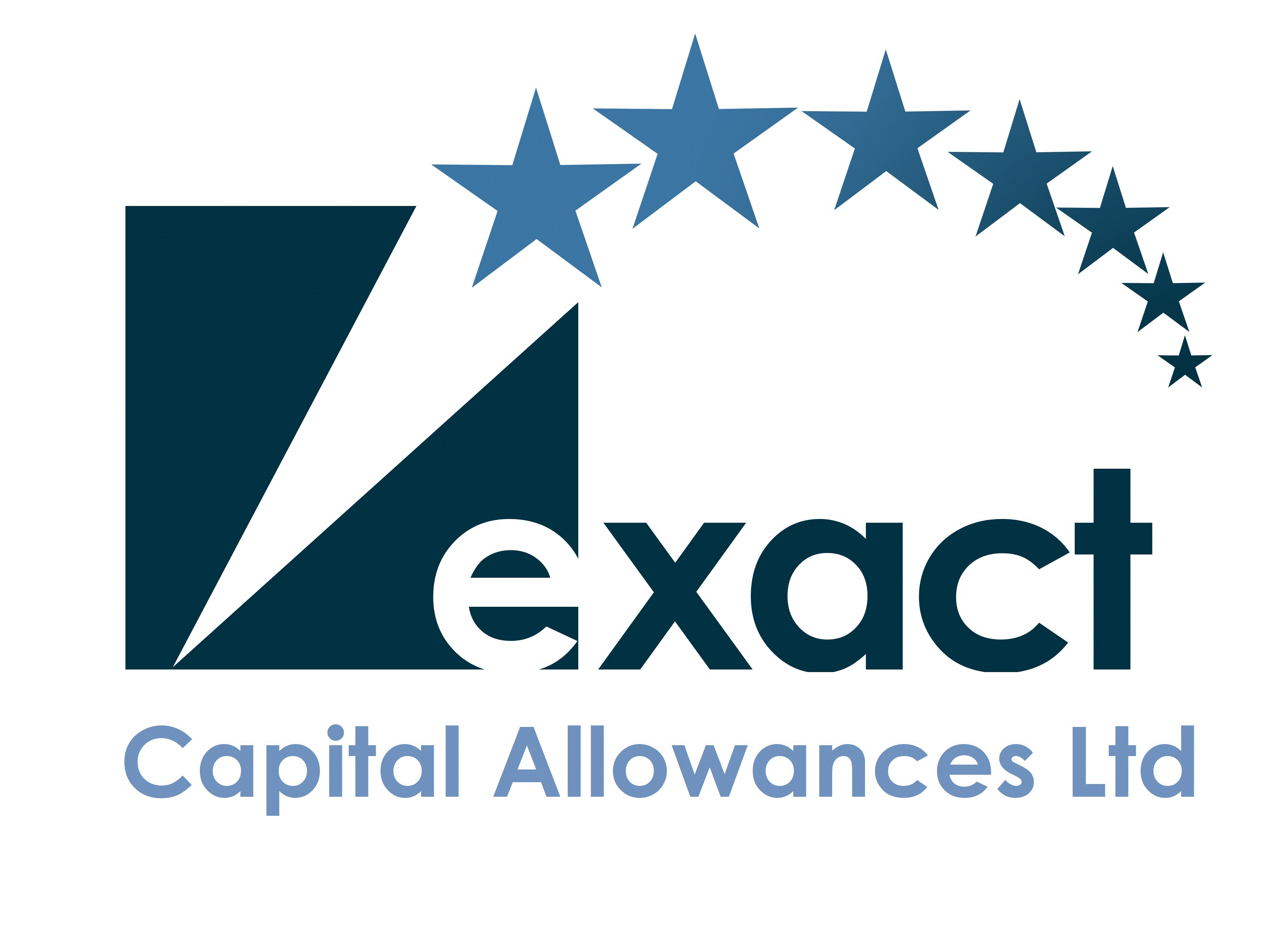FREQUENTLY ASKED QUESTIONS
Here to Help
It’s important to us that our clients feel fully informed and confident when working with us. That’s why we’ve made an extensive list of past clients’ questions along with answers from our experienced team. Browse through the information below, and if you have a question that isn’t included here, feel free to reach out to us today.
WHAT ARE CAPITAL ALLOWANCES?
Capital Allowances are the tax equivalent of Depreciation. Its an additional cost you can claim in your TAX RETURN to reduce your TAX bill, whether you own the property PERSONALLY, in a PARTNERSHIP or in a COMPANY.
Capital Allowances have been around since 1878 and are a tax relief available when buying, constructing or improving certain types of non-dwelling properties. This relief enables individuals or businesses to deduct the cost of certain types of expenditure from their taxable income, thereby reducing the amount they pay tax on.
You can even use the Capital Allowances from your property to get back tax paid from other income e.g. PAYE. This is known as Sideways Loss Relief.
HOW MUCH ARE CAPITAL ALLOWANCES WORTH?
At least 20% of your investment.
Each property is different, as is each development project but for a typical property bought and then traded as, say, a Holiday Let, around 20%+ of the purchase price, and 30%+ of any development works. This will be subject to survey, of course and may often result in a higher claim.
The Capital Allowances are claimed as an additional tax deductible cost of business and hence reduce your Taxable profits.
CAN A LANDLORD OR PROPERTY OWNER CLAIM CAPITAL ALLOWANCES?
Yes, if you pay UK tax and own commercial property, HMO'S, furnished holiday lets (FHL) or Serviced Accommodation. Or if you have redeveloped a leased property and you have paid for the plant and machinery contained in the property.
WHAT CAN I CLAIM CAPITAL ALLOWANCES ON?
Capital Allowances covers a host of things, but most commonly it will be a claim for Plant and machinery assets.
These can include items in your property such as fixtures and fittings and items other than the moveable furniture etc.
These more integral fixtures can include carpets, air conditioning, swimming pools, sanitary ware, kitchens, heating, emergency lighting and wiring to fixed plant, fire equipment, telecommunication installations, signs and security systems. The list of qualifying items is lengthy.
We value these and provide you with an annotated report detailing what you are claiming for.
HOW FAR BACK CAN I CLAIM CAPITAL ALLOWANCES?
You can amend your tax return up to 12 months from the filing deadline. For example, for 2018/19 tax year an individual has until 31 January 2021 to make an amendment.
There is no time limit on how long you have owned a property, however, if you have bought a property since 2014, there may be additional rules to follow to see if you are eligible.
WILL I PAY MORE CGT WHEN I SELL?
No, claiming Capital Allowances does not affect your CGT position. It is a common mistake to think that claiming Capital Allowances will reduce your base cost of the property (what you paid for it) therefore increasing the capital gain (the difference between what you paid for it and what you sell it for) when you come to sell. This is not the case.
HAS MY ACCOUNTANT CLAIMED THESE ALLOWANCES ALREADY?
On the purchase, No. On the development, maybe some, but not ALL.
Your accountant may have claimed a small amount of Capital Allowances for the assets which you have purchased since the original investment. Items such as fire alarm installations, emergency lighting and intruder alarms are examples of these items which your accountant should have claimed for. However, it is a very complex area of taxation requiring specialist surveying and taxation knowledge and it is likely that your Capital Allowances claim has not been maximised. Unless you have had a specific Plant and Machinery survey on your property detailing all of the hidden fixtures, then your accountant will not have identified all of the inherent plant and machinery within your property. We will work with your accountant to maximise your claim.

